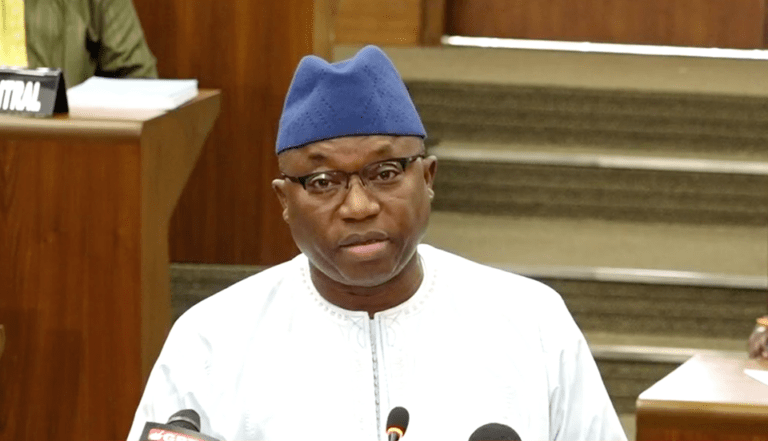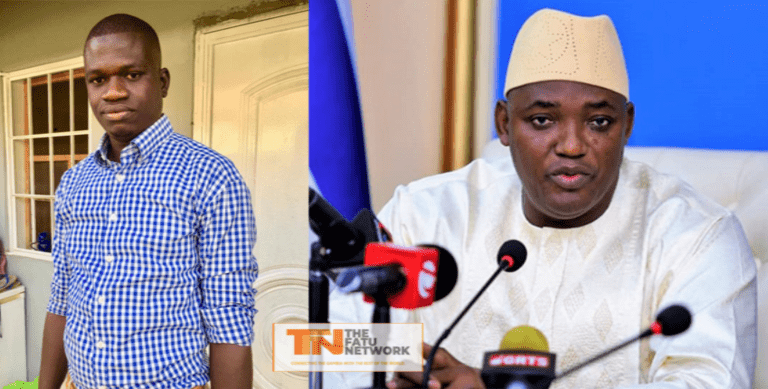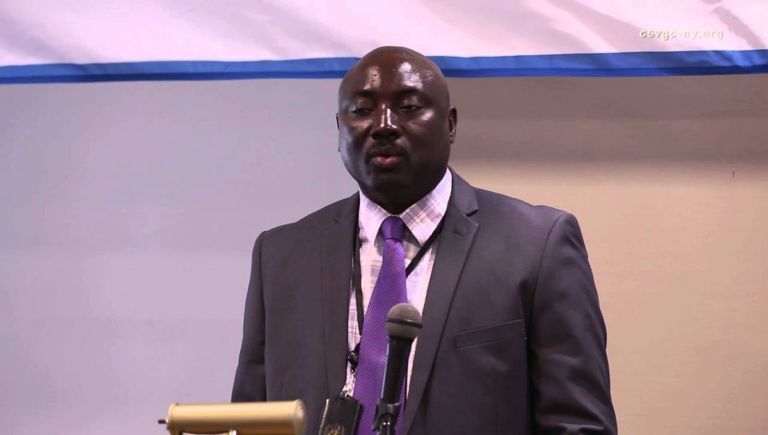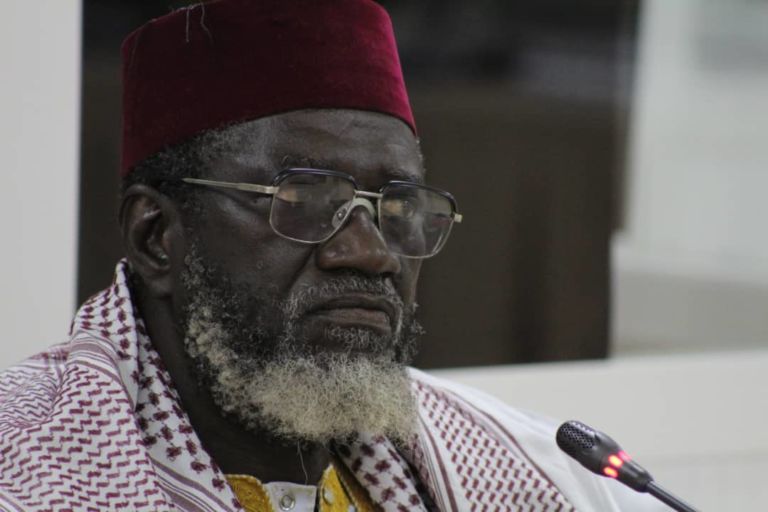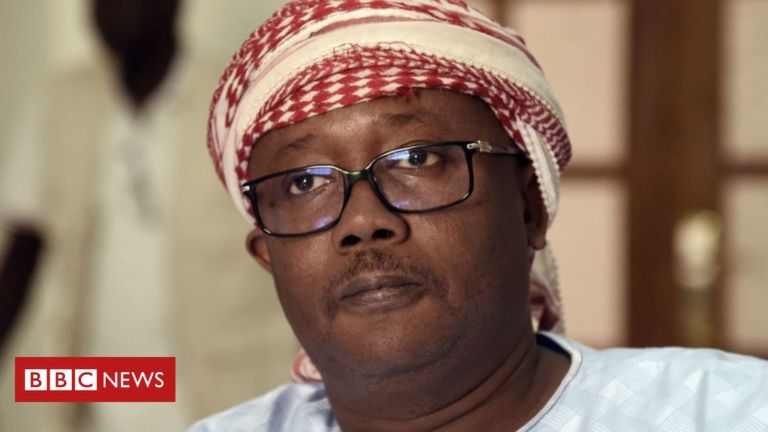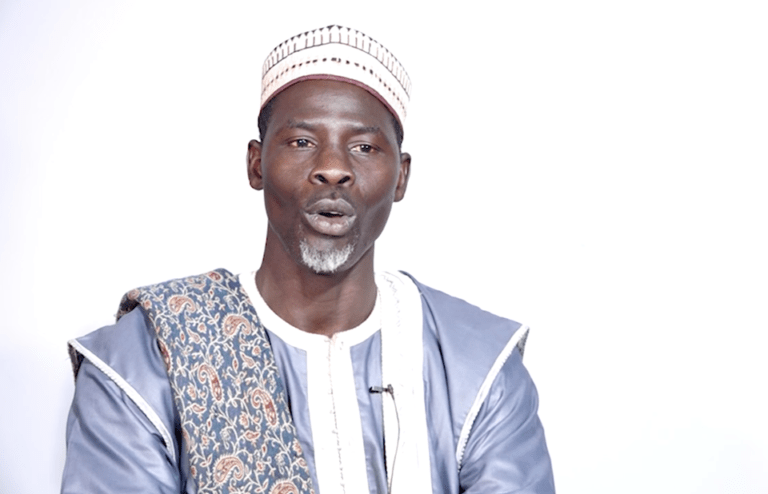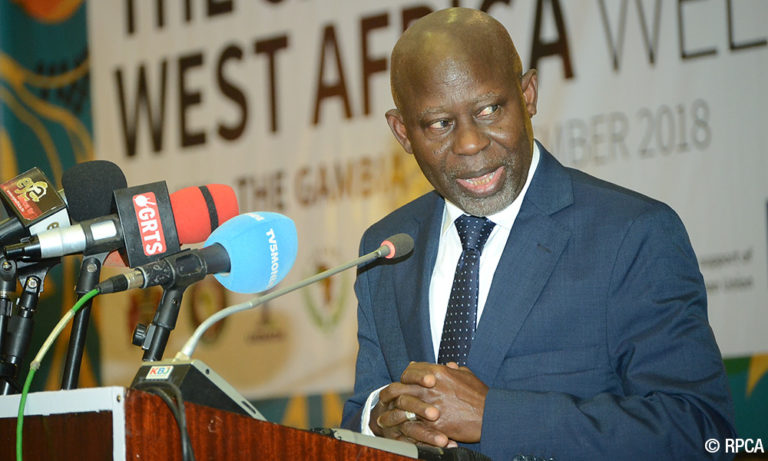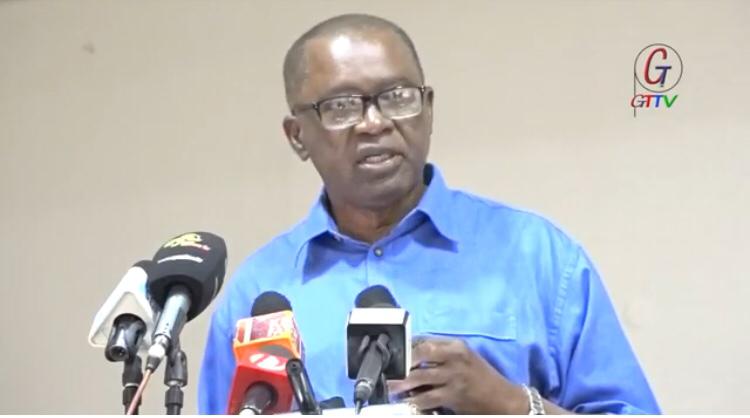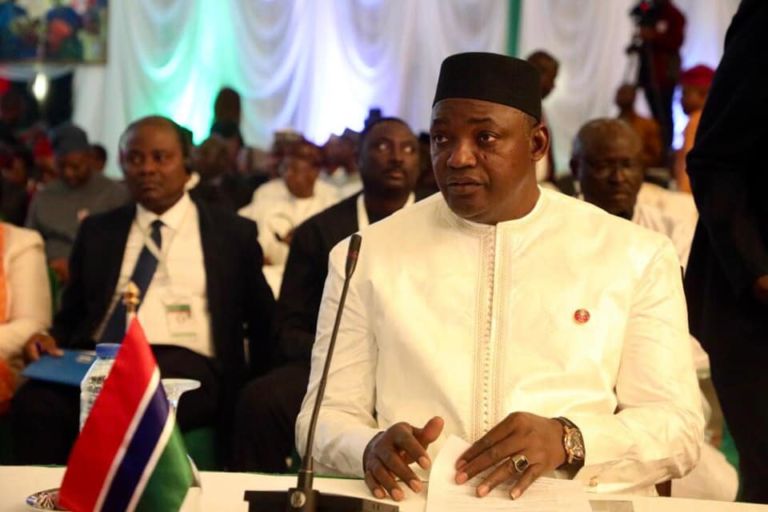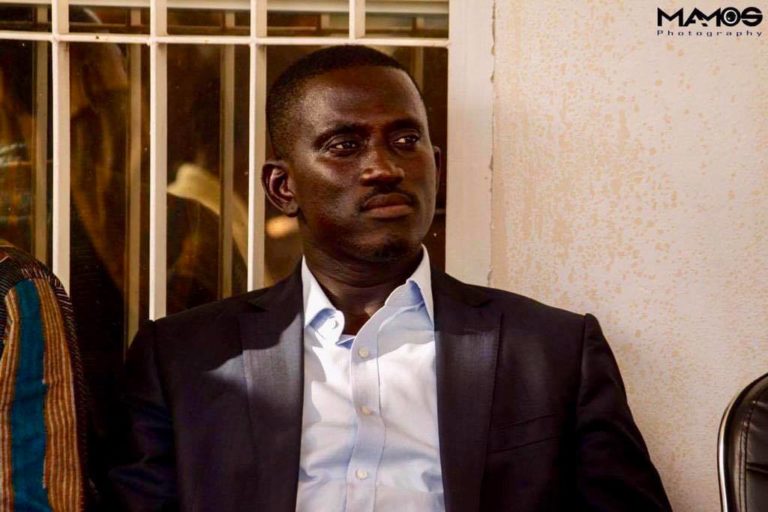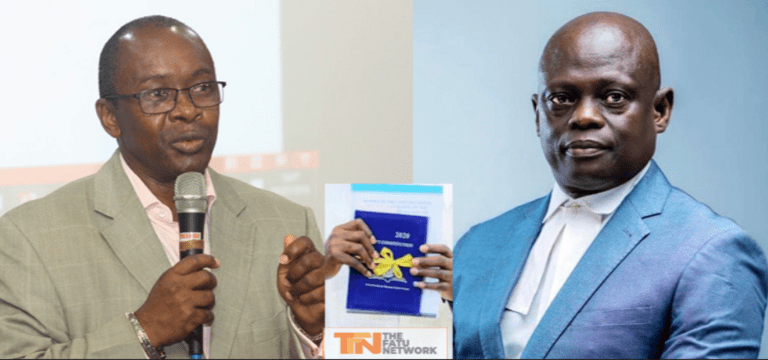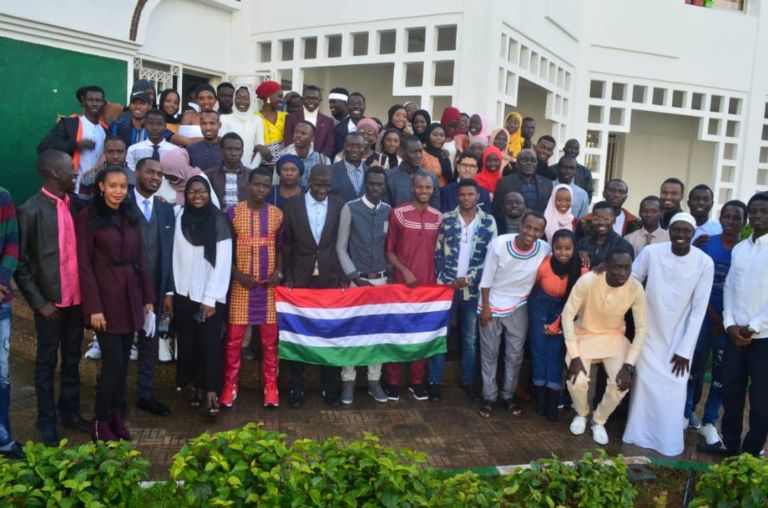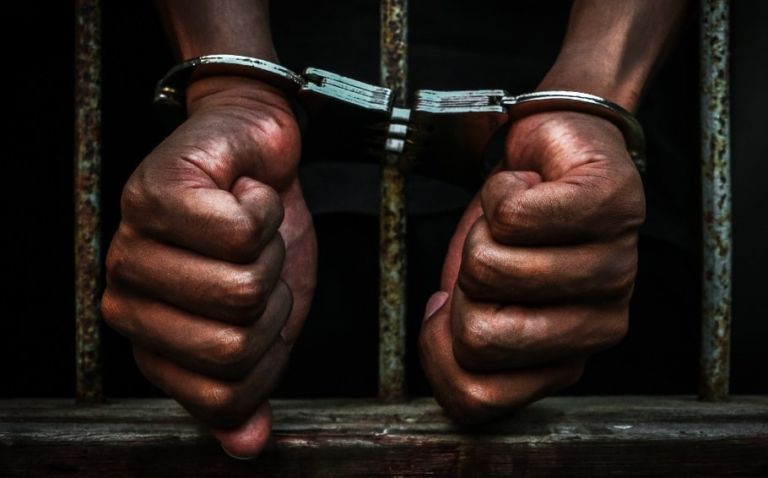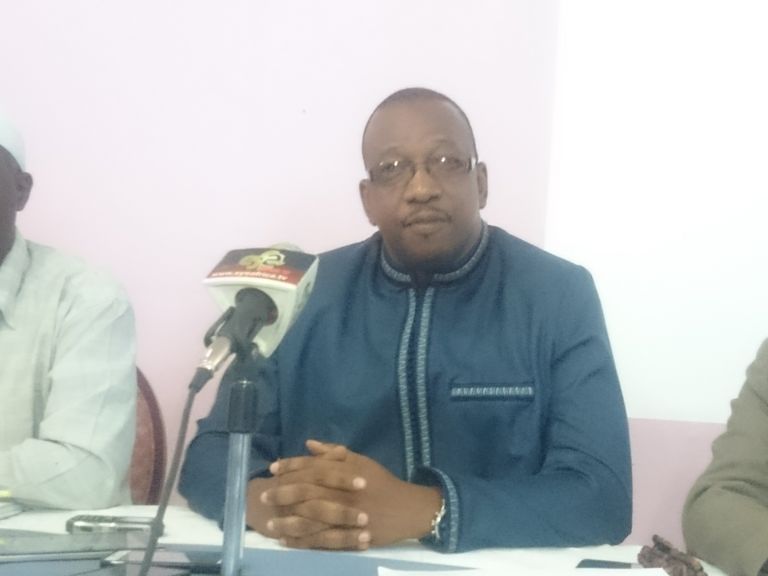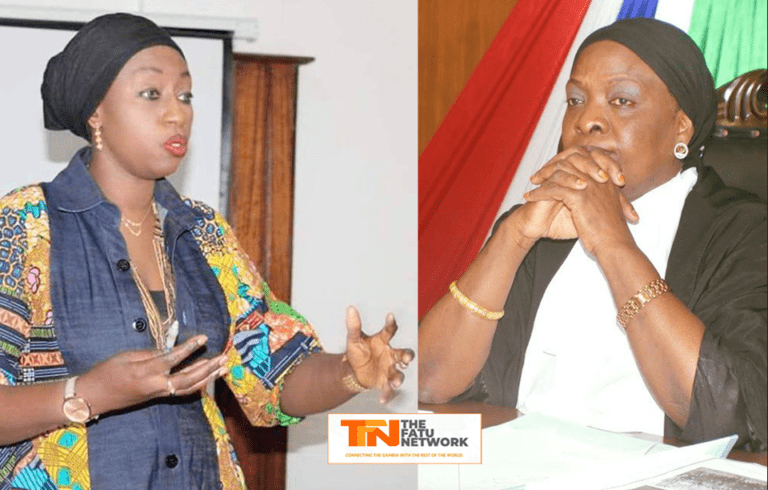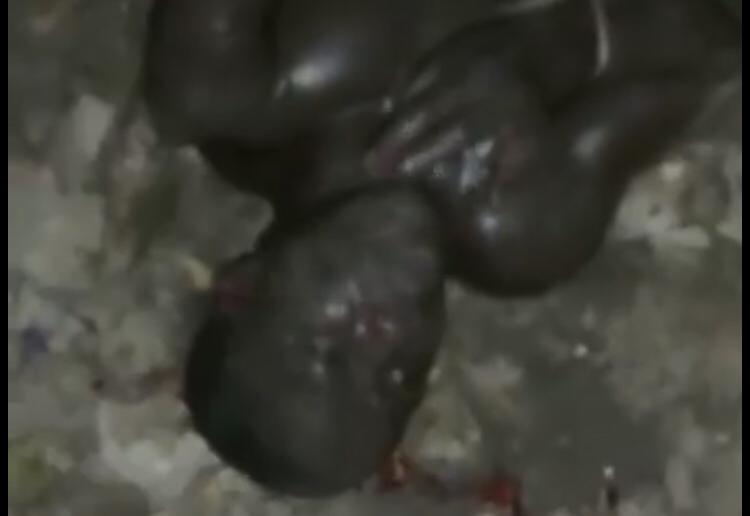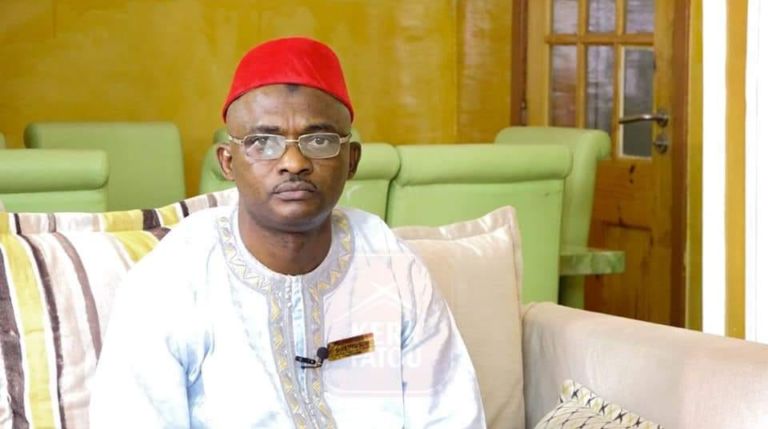In an interview with The Fatu Network, the Chair of the Constitutional Review Commission (the Chair) failed to refute the charge that the CRC significantly plagiarised provisions of the 2010 Constitution of Kenya (Kenya 2010), at times lifting whole sections and transplanting them into the Draft of a proposed new Constitution for The Gambia (the Draft).
And this notwithstanding claims by the CRC that the Draft embodies views of Gambians garnered in an involved national and international consultation process with them.
Exclusive views of Gambians indeed!
Rather extraordinarily, the Chair of the CRC, a Justice of the Supreme Court, and potential next Chief Justice given the personnel dynamics of that Court, complained about theorising by those who failed to participate in the process.
His anger was palpable.
Was I worried?
Obviously!
In July 2018, I contended that the CJ or his designee should not chair the CRC as it was in conflict with the doctrine of the separation of power. I argued: “Even a rudimentary understanding of the doctrine of separation will substantiate the contention that this type of law making is not a core function of the judiciary and must therefore not be chaired by the CJ or his designee from amongst the ranks of the active judicial bench”.
I relied on the ECHR decision in McGonnell v The United Kingdom thus: “The Court thus considers that the mere fact that the Deputy Bailiff presided over the States of Deliberation when DDP6 was adopted in 1990 is capable of casting doubt on his impartiality when he subsequently determined, as the sole judge of the law in the case, the applicant’s planning appeal. The applicant therefore had legitimate grounds for fearing that the Bailiff may have been influenced by his prior participation in the adoption of DDP6. That doubt in itself, however slight its justification, is sufficient to vitiate the impartiality of the Royal Court, and it is therefore unnecessary for the Court to look into the other aspects of the complaint”.
The Chair’s rather powerful position in the judicial hierarchy requires that he displays appropriate sensitivity to persons and issues, especially persons likely to appear before him in one role or the other.
Be that as it may, I will plough on regardless.
Reacting to the interim Draft, I did say on QTV to the hearing of the CRC’s media chief that it suffers from plagiarism. In constitutional matters there is no distinction between theory and its definitional opposite. Undoubtedly they swim in the same waters and the courts’ work is the application of theoretical principles to a factual context of the dispute and what comes out, especially before a Supreme Court, may represent its philosophical leaning.
In the democratic world, the values protected in the public space are of universal application with the forerunner being the first ten amendments to the American Constitution, collectively known as the Bill of Rights. The modern source document in international public life is the Universal Declaration of Human Rights (UDHR).
Together they embody values chiselled out of the same stone and faithfully speak to the same culture. In that vein, there will always be coincidence of thought.
That coincidence of thought and similarity in values notwithstanding, the words encapsulating them must of necessity be different. Words are not mathematical calculations where several people working separately may have the same precise answers for pages.
For example, the following national and international instruments on expression encapsulate identical values but true to the sacrosanct terrain of originality, the wordings are different:-
1st Amendment to the American Constitution
Congress shall make no law respecting an establishment of religion, or prohibiting the free exercise thereof; or abridging the freedom of speech, or of the press; or the right of the people peaceably to assemble, and to petition the Government for a redress of grievances.
Universal Declaration of Human Rights (Article 19)
Everyone has the right to freedom of opinion and expression; this right includes freedom to hold opinions without interference and to seek, receive and impart information and ideas through any media and regardless of frontiers.
European Convention on Human Rights (Article 10 (1))
Everyone has the right to freedom of expression. This right shall include freedom to hold opinions and to receive and impart information and ideas without interference by public authority and regardless of frontiers. This Article shall not prevent States from requiring the licensing of broadcasting, television or cinema enterprises.
International Covenant on Civil and Political Rights (Article 19(2))
- …
-
Everyone shall have the right to freedom of expression; this right shall include freedom to seek, receive and impart information and ideas of all kinds, regardless of frontiers, either orally, in writing or in print, in the form of art, or through any other media of his choice.
African Charter on Human and Peoples’ Rights (Article 9)
- Every individual shall have the right to receive information.
- Every individual shall have the right to express and disseminate his opinions within the law.
Driving home the point, the Prado, and Pajero are both state of the art four-wheel vehicle models but Toyota, and Mitsubishi dug into their engineering skill and technical finesse to impose and maintain brand distinctiveness and originality of the final product.
Is it too much for the CRC to do its own drafting? Why must it copy and paste significant sections, sometimes importing whole Chapters of its Draft from Kenya 2010?
For example, Chapter III of the Draft, on National Values and Principle, coincides almost identically with Chapter II (10) of Kenya 2010. Similarly, Chapter V on Leadership and Integrity wholly mimics Chapter VI of Kenya 2010.
More disappointing than importing these two Chapters into the Draft is that they are not provisions that belong in a national constitution. In separate legislation perhaps but even here they may not measure up to the prophylactic structure built around of the fundamental freedoms against discrimination. I refer specifically to section 28 of the Draft whose infraction is dubiously designated a “violation of the Constitution” with all that entails.
However plagiarising is designated, be it ‘international best practice’ or ‘adaptation’, the CRC was not constituted to engage in copious copying and pasting of any constitution.
What happened to coincidence of thought expressed originally!
Gambia’s national pride should prevent it supporting this so-called Draft for the ages.
Lamin J. Darbo

